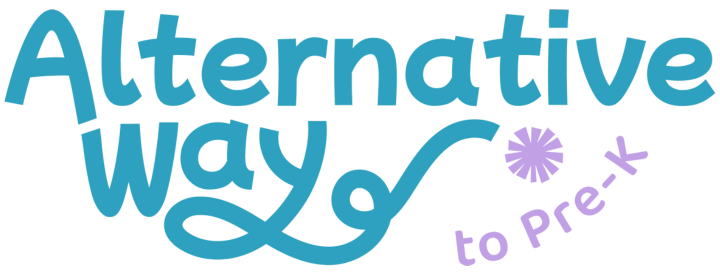Playing games with others naturally encourages social interactions and allows one to practice important social and language skills. Think back to when you were little, playing your favorite board game. You had to take turns, wait patiently, and even learn how to handle losing—all of these are valuable social-emotional learning experiences. For young learners, board games are a fantastic way to explore, practice, and build social skills in a fun and engaging way.
Skills Addressed By Playing Board Games
- Turn-taking
- Social communicationon
- Pragmatic speech
- Receptive language
- Expressive language
- Increase vocabulary
- Augmentative and alternative communication
- Handling upset
- Empathy
- Self-regulating
- Waiting
- Sitting for an extended period of time
- Remaining with the group
- Fine motor
- Following directions
- Adhering to rules
- Encourages cause and effect thinning
Now, when it comes to implementing board games in your special education or preschool classroom, you’re not going to want to reach for a game like Risk or Clue Instead, you will want something that involves multiple sensory inputs (auditory, tactical, visual) and simple directions that your students can follow along with. In this blog post, I will share my favorite go-to games I used in my special education preschool classroom and why I loved them so much!
Kerplunk
- Engages fine motor skills during setup and gameplay as students carefully remove sticks.
- The suspense of avoiding a marble avalanche keeps children on the edge of their seats.
- Offers a multi-sensory experience with auditory, tactile, and visual engagement.
- LINK
Don’t Break the Ice
- What preschooler doesn’t love the thrill of using a hammer to knock out blocks?
- Combines sensory stimulation with sound, touch, and visual elements.
- Promotes critical thinking through cause-and-effect decision-making.
- Easily adaptable to suit learners of various skill levels.
- LINK
Barnyard Bingo
- Customizable game pieces allow you to target specific vocabulary, including PCS symbols or other visuals.
- Kids love the satisfying sound of the lever as they reveal their matches.
- Reinforces picture-to-picture matching skills.
- Provides an excellent foundation for transitioning to more complex board games.
- LINK
Lucky Ducks
- The vibrant visuals and engaging sounds captivate young learners.
- Shapes and colors can be replaced with custom pictures to tailor learning objectives.
- LINK
Pop the Pig

- A playful twist on the classic “put-in” task that keeps children engaged.
- Encourages identification of colors and numbers in a fun, interactive way.
- Perfect for language development, offering endless opportunities for speech practice—loved by many SLPs!
- LINK
Cariboo

- A rare gem! Though it’s no longer produced, it’s worth hunting down in resale groups or second-hand shops.
- Endless customization options with printable Cariboo cards are available on TPT.
- The ultimate tool for speech-focused activities and language-based learning games.
- LINK
Board games are powerful tools for developing social, emotional, and language skills in preschool special education classrooms. They help students practice turn-taking, empathy, self-regulation, and communication while working on fine motor skills, following directions, and adhering to rules.
Games like Kerplunk, Don’t Break the Ice, and Barnyard Bingo offer multi-sensory engagement and encourage critical thinking, cause-and-effect understanding, and language development. Customizable games like Pop the Pig and Lucky Ducks provide opportunities to target specific skills such as color, number, and vocabulary identification.
Incorporating simple, adaptable games with sensory-rich elements creates an engaging and inclusive environment for learning and growth.
This post contains affiliate links.




